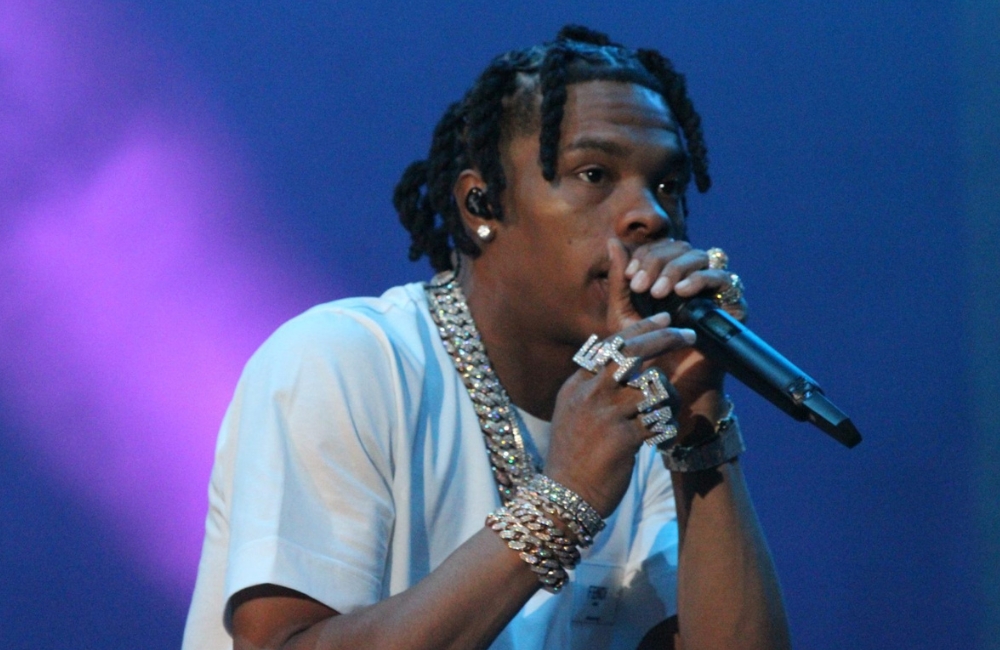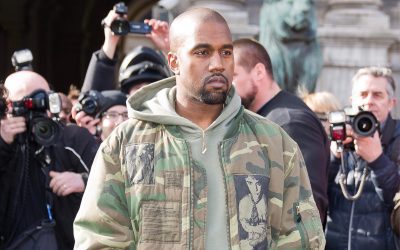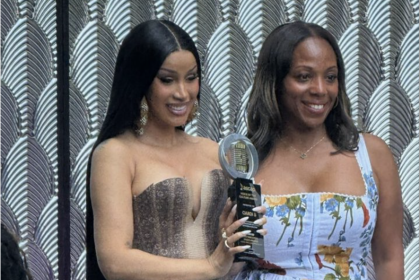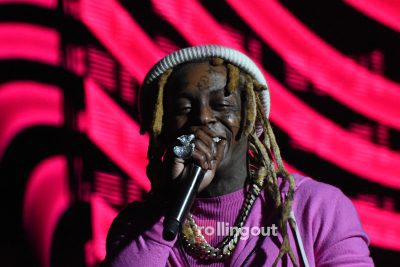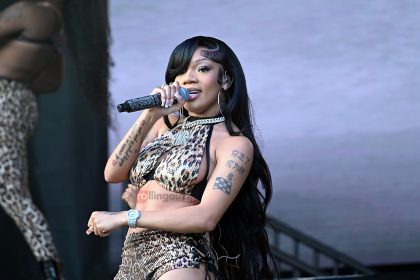In an unprecedented revelation that has sent ripples through the music industry, Atlanta’s rap sensation Lil Baby has pulled back the curtain on the tumultuous journey behind his third studio album “It’s Only Me.” The chart-topping artist’s confession about his creative struggles offers a rare glimpse into the often-invisible battle between commercial success and artistic fulfillment, challenging the conventional narrative of what success truly means in the modern music industry.
Mental health takes center stage
The creation of “It’s Only Me” wasn’t just another album production — it was a period marked by intense internal conflict for the acclaimed rapper. During the album’s development, Lil Baby found himself grappling with a challenging mental state that significantly impacted his creative process. This personal struggle created a disconnect between the artist and his work, leading to a profound sense of detachment from the music he was creating. The experience highlights the often-overlooked mental health challenges that artists face while trying to meet the demanding expectations of the industry.
The price of commercial pressure
The album’s journey to release was complicated by mounting pressure from Quality Control Records, his label. Despite Lil Baby’s reservations about the project’s readiness, industry demands prevailed. This push-and-pull between artistic vision and commercial obligations resulted in the release of an album that, while commercially successful, left its creator with mixed emotions. The situation exemplifies a common dilemma in the music industry where artists must balance their creative integrity with business obligations and market expectations.
Numbers vs. personal satisfaction
“It’s Only Me” achieved remarkable commercial milestones that would typically signal a triumphant success story. The album’s impressive debut at No. 1 on the Billboard 200 chart, coupled with 216,000 album-equivalent units in its first week and a staggering 289 million official streams, painted a picture of undeniable success. However, these achievements stood in stark contrast to the artist’s personal feelings about the work. This disconnect between commercial success and artistic satisfaction raises important questions about how we measure success in the music industry and the potential cost of prioritizing numbers over creative fulfillment.
The evolution of artistic expression
The experience has fundamentally changed Lil Baby’s approach to music creation. His newfound emphasis on being in the right mental space while creating has become a cornerstone of his artistic process. This shift represents a broader movement within the hip-hop community, where artists are increasingly vocal about the importance of mental health and authentic creative expression. The rapper’s journey serves as a testament to the evolving nature of artistic development and the courage required to acknowledge when conditions aren’t optimal for creation.
Impact on the music industry landscape
Lil Baby’s candid revelations have sparked crucial conversations within the music industry about artist welfare and creative autonomy. His experience highlights the need for a more balanced approach to album releases, one that considers both commercial timing and artistic readiness. This discussion has broader implications for how labels and artists might better collaborate to create an environment that nurtures both commercial success and artistic integrity.
A new chapter in artistic authenticity
Looking ahead, Lil Baby has emerged from this experience with a transformed perspective on his creative process. His emphasis on mental well-being and artistic authenticity signals a new chapter in his career. This evolution reflects a broader conversation within the music industry about the importance of prioritizing artists’ mental health alongside commercial success. The rapper’s journey demonstrates that true artistic growth often requires acknowledging and learning from periods of creative disconnect.
The ripple effect on fan connection
The honest discussion about his struggles has paradoxically strengthened Lil Baby’s connection with his audience. By sharing his vulnerabilities and creative challenges, he has added a new dimension to how fans engage with his music. This transparency has created a more profound appreciation for the human element behind the music, encouraging a more nuanced understanding of the artistic process.
His journey with “It’s Only Me” serves as a powerful reminder that success isn’t solely measured by streaming numbers or chart positions. The experience has become a catalyst for important discussions about artist welfare, creative freedom, and the pressure to maintain commercial success in today’s fast-paced music industry. As Lil Baby continues to evolve as an artist, his commitment to authentic expression and mental well-being sets a powerful example for both established and emerging artists.
For fans and industry observers alike, this insight into Lil Baby’s creative process provides a valuable perspective on the hidden challenges that can exist behind chart-topping success stories. His experience underscores the importance of allowing artists the space and time needed to create work that truly reflects their artistic vision, potentially reshaping how the industry approaches album development and release schedules in the future.

